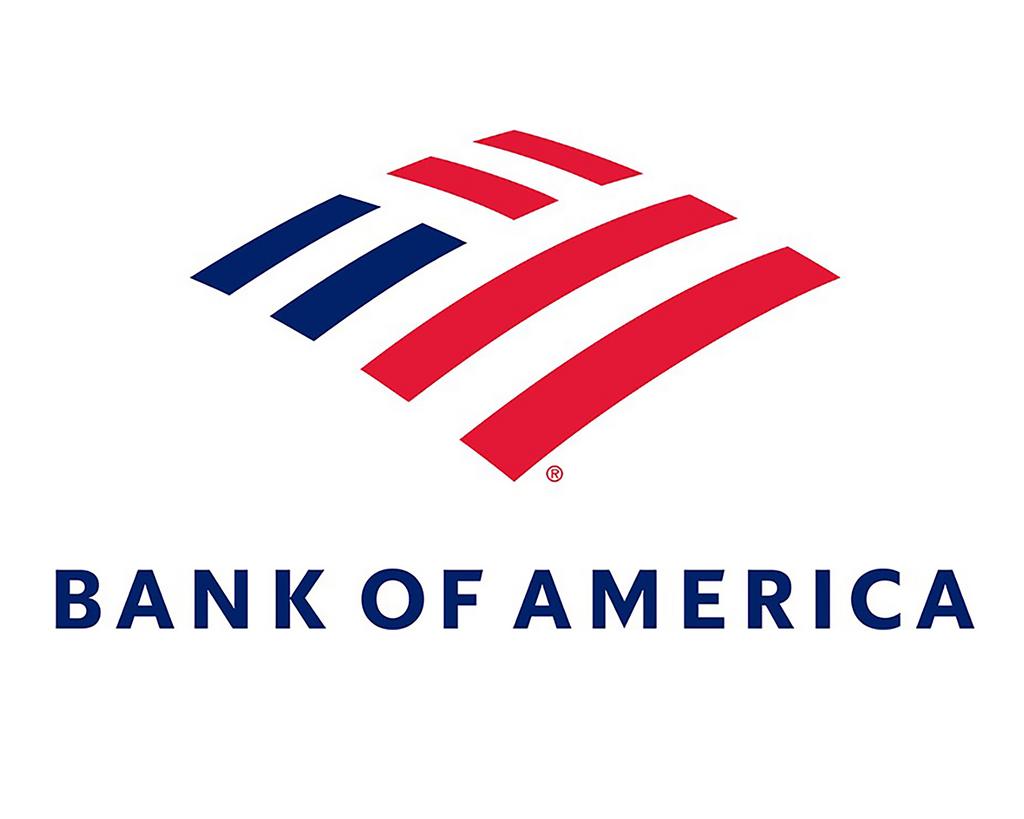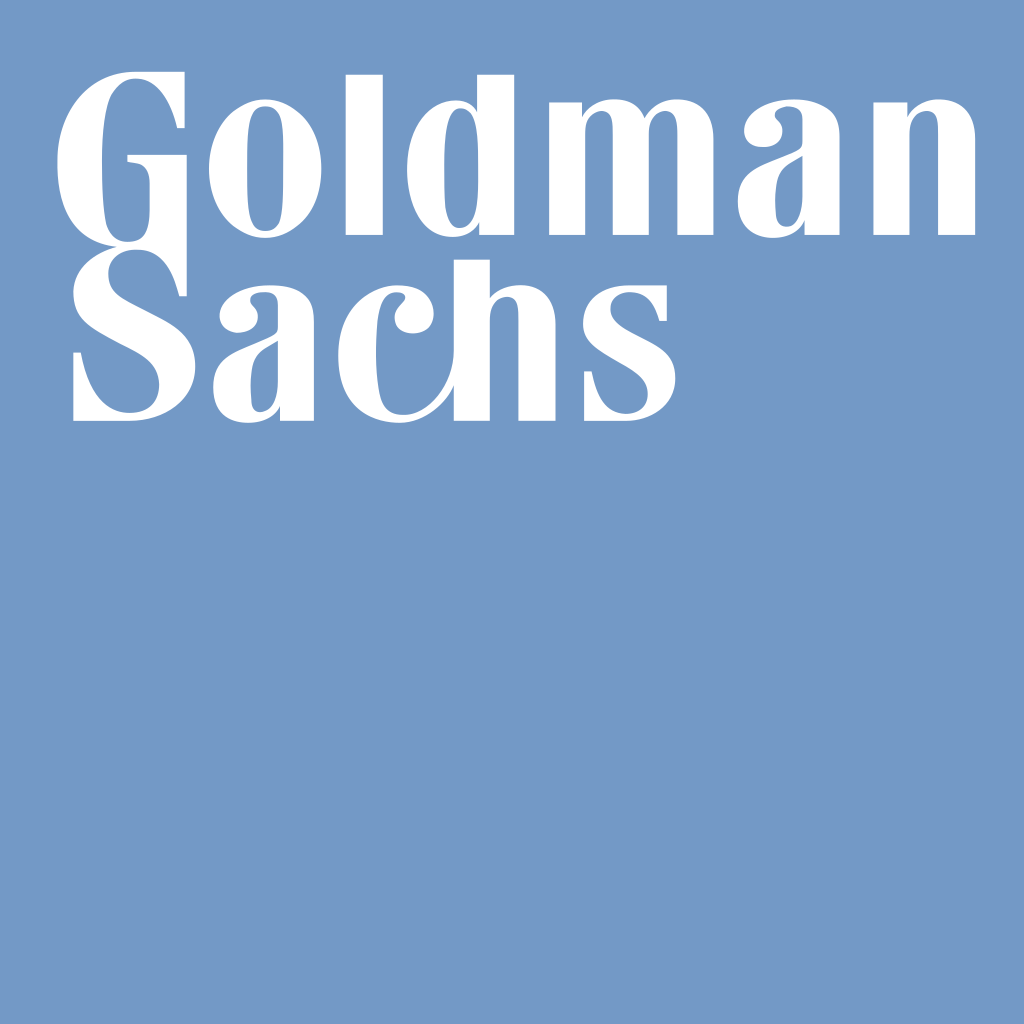

United States of America
The United States of America, the world’s largest economy, is a federal republic comprising 50 states, a federal district, and several territories. With a population of approximately 331 million people, the U.S. boasts a diverse and dynamic economy driven by innovation, a robust services sector, advanced manufacturing, and a leading technology industry.
The U.S. economy is characterized by its diversity and scale, with key sectors including technology, finance, healthcare, manufacturing, and energy. As a global leader in technological innovation, the U.S. is home to some of the world's largest and most influential companies, particularly in Silicon Valley. Its financial markets, including the New York Stock Exchange and Nasdaq, are the largest and most liquid in the world. The U.S. dollar (USD) is the world’s primary reserve currency, further cementing the country's central role in global trade and finance.
For CEOs, fintech leaders, and online payment providers, the U.S. market presents immense opportunities. The country has a highly developed digital payments ecosystem, with widespread adoption of credit and debit cards, bank transfers (ACH), mobile payments, online payment platforms, prepaid cards, and even emerging cryptocurrencies. E-commerce and fintech adoption continue to grow rapidly, with Americans spending over $1 trillion on online purchases in 2023, highlighting strong online consumer purchasing power.
The U.S. is a global trade leader, with imports totaling approximately $3.1 trillion and exports around $2.5 trillion in 2023. Key export sectors include technology, aerospace, machinery, and agricultural products, while major imports include electronics, vehicles, and consumer goods. This robust trade environment creates opportunities for online payment providers and fintech companies to facilitate cross-border transactions, multi-currency payments, and B2B digital payment solutions.
The U.S. economy has shown remarkable resilience after COVID-19, with growth at 2.3% in 2023 and expected moderation to 1.8% in 2024. Inflation has cooled to around 4%, unemployment remains low at 3.7%, and consumer spending remains strong.
The Biden administration has prioritized investments in digital infrastructure, green energy, and technology, further supporting innovation in financial services, fintech, and online payment platforms, ensuring the U.S. continues as a global hub for digital commerce, financial technology, and cross-border payments.
Top banks


JPMorgan Chase
JPMorgan Chase is one of the largest banks in the United States, providing a complete range of banking and financial services for individuals, businesses, and institutional clients. Its services include retail banking, credit and debit cards, loans, investment banking, and wealth management. Known for its leadership in payments, digital banking, and financial innovation, JPMorgan Chase is a trusted partner in both the U.S. and global financial markets.


Bank of America
Founded in 1904, Bank of America is a major U.S. financial institution providing a wide array of banking and financial services, including retail banking, credit and debit cards, loans, wealth management, and investment banking. Known for its leadership in digital payments and online banking solutions, Bank of America serves individuals, businesses, and institutional clients across the United States and globally.
.svg.png)

Wells Fargo
Founded in 1852, Wells Fargo began as a stagecoach delivery and banking company, transporting gold, mail, and valuables across the American West. Today, Wells Fargo is one of the largest banks in the U.S., providing a full range of financial services including personal banking, corporate banking, loans, mortgages, and investment solutions.


Citibank
Founded in 1812 as the City Bank of New York, Citibank is a major U.S. financial institution operating globally. Known for pioneering credit cards and providing innovative digital banking solutions, Citibank offers a wide range of financial services for individuals, businesses, and institutional clients.


Goldman Sachs
Founded in 1869 by Marcus Goldman in New York City, Goldman Sachs is a premier global investment bank and financial services firm. Renowned for investment banking, asset management, and trading, Goldman Sachs has played a pivotal role in major financial transactions and global markets, serving corporations, governments, and institutional clients worldwide.
Top payment methods


American Express (AMEX)
American Express (AMEX) is a widely accepted global payment method, used in over 130 countries with more than 100 million cards in circulation. AMEX cardholders spend on average 3-4 times more than Visa and Mastercard users, making it a top choice for premium businesses, luxury brands, and high-value e-commerce transactions.


Visa
Visa is the world’s largest global card network by transaction value, accepted almost everywhere. It’s known for secure, fast, and reliable payments, positioning itself as “the best way to pay and get paid by everyone.”


Mastercard
Mastercard is a global payments leader, dominating the co-branded card market in Europe and key countries like Brazil, Canada, and Germany. Known for secure, contactless, mobile, and digital payment solutions, Mastercard drives e-commerce, fintech, and online banking innovation worldwide.


ApplePay


Google Pay
Google Pay enables secure digital payments using stored credit or debit cards for online, in-app, and in-store purchases. It offers a fast, seamless checkout experience on Android devices and supports 3D Secure authentication for EU and UK-issued cards.
Concluding remarks
The U.S. economy remains a global powerhouse, driven by innovation, consumer spending, and a diverse array of industries. As the country navigates through global economic challenges and embraces technological advancements, its payment methods reflect a blend of traditional and modern approaches, catering to a wide range of consumer preferences. With a robust fiscal policy and a focus on sustainable development, the United States is well-positioned to maintain its economic leadership and resilience in the years to come.
Cash
Cash payments in the USA remain common for small and in-person transactions, though digital payments are increasingly popular. Despite the growth of contactless and online payment methods, cash still plays a role in retail, hospitality, and rural transactions.
Credit and debit cards
Credit and debit cards dominate the US payment market, with Visa, Mastercard, American Express, and Discover widely accepted. The USA leads in contactless payments, mobile wallets, and online shopping transactions, making cards essential for eCommerce and in-store payments nationwide.
Bank transfers
Bank transfers in the USA are common for payroll, recurring bills, and large-scale business payments, offering secure, reliable fund transfers.
Mobile payments
Mobile payments, such as Apple Pay, Google Pay, and Samsung Pay, are increasingly popular due to convenience and contactless technology.
Cryptocurrencies
Cryptocurrency payments in the USA are gaining popularity as Bitcoin, Ethereum, and stablecoins become accepted by retailers and online merchants. The US crypto market benefits from blockchain innovation, digital currency adoption, and increasing integration with traditional financial systems for modern digital payments.
About Processing News
You Won’t Learn This in Business School – Real Industry Insight
The global payments industry evolves faster than ever — powering everything from digital banking to eCommerce transactions. Yet few truly understand how payment processing, fintech innovation, and financial technology shape the world economy. That’s where Processing News comes in. At Processing News, we don’t just report on the payments ecosystem — we’ve built, run, and innovated within it. Our team of experts includes former fintech executives, payment system architects, compliance officers, and technology insiders who bring real-world experience to every article. We launched Processing News to be the Wikipedia of Payments — accessible, in-depth, and always accurate. In an era of clickbait and recycled press releases, we deliver trusted payments journalism rooted in industry expertise and data-driven analysis. Whether it’s new payment regulations, card network updates, emerging fintech startups, or fraud prevention trends, we provide clear, credible insight into what truly drives the global payment processing industry.
Welcome to Processing News — Real people. Real experience. Real payments journalism.
Contact us: